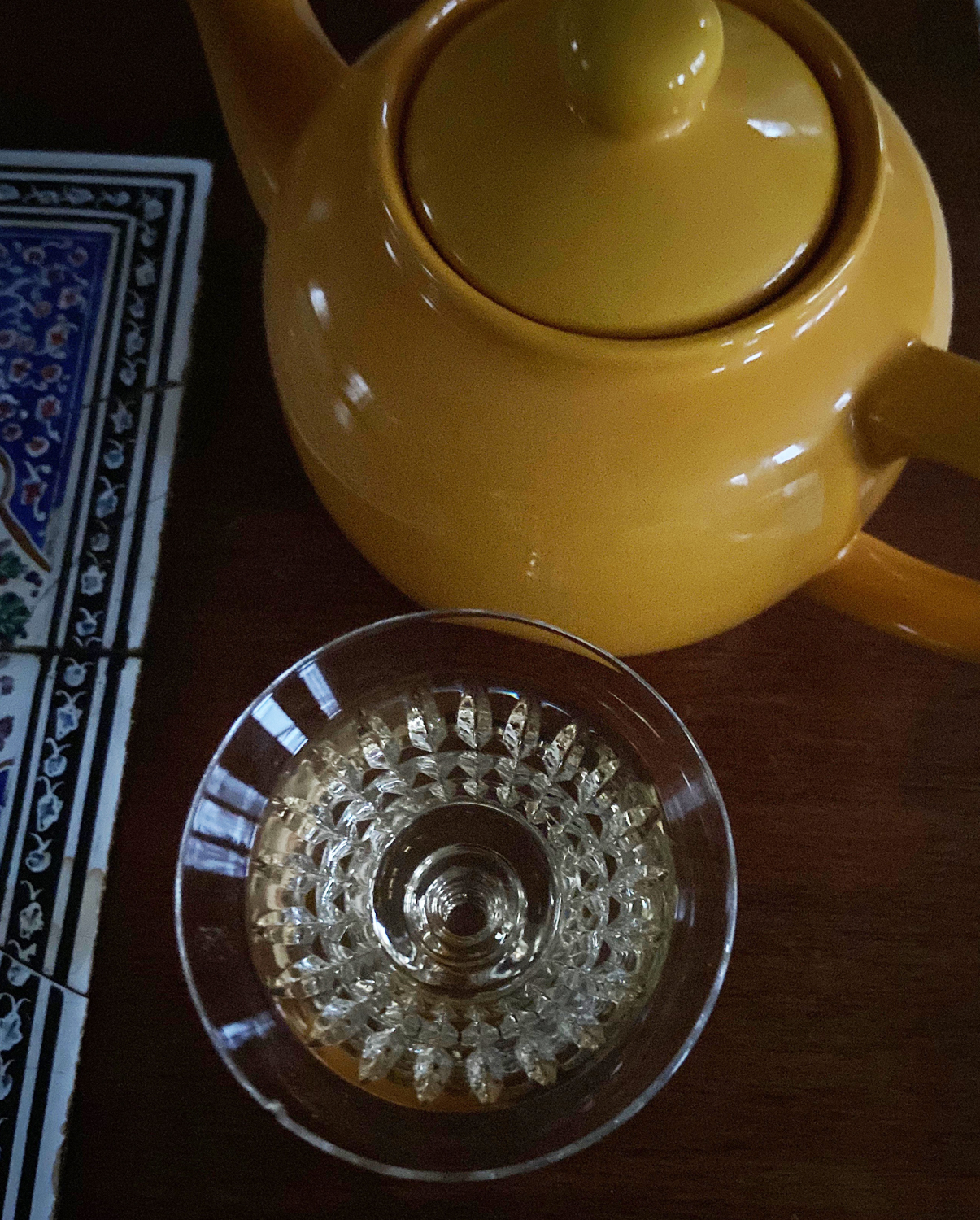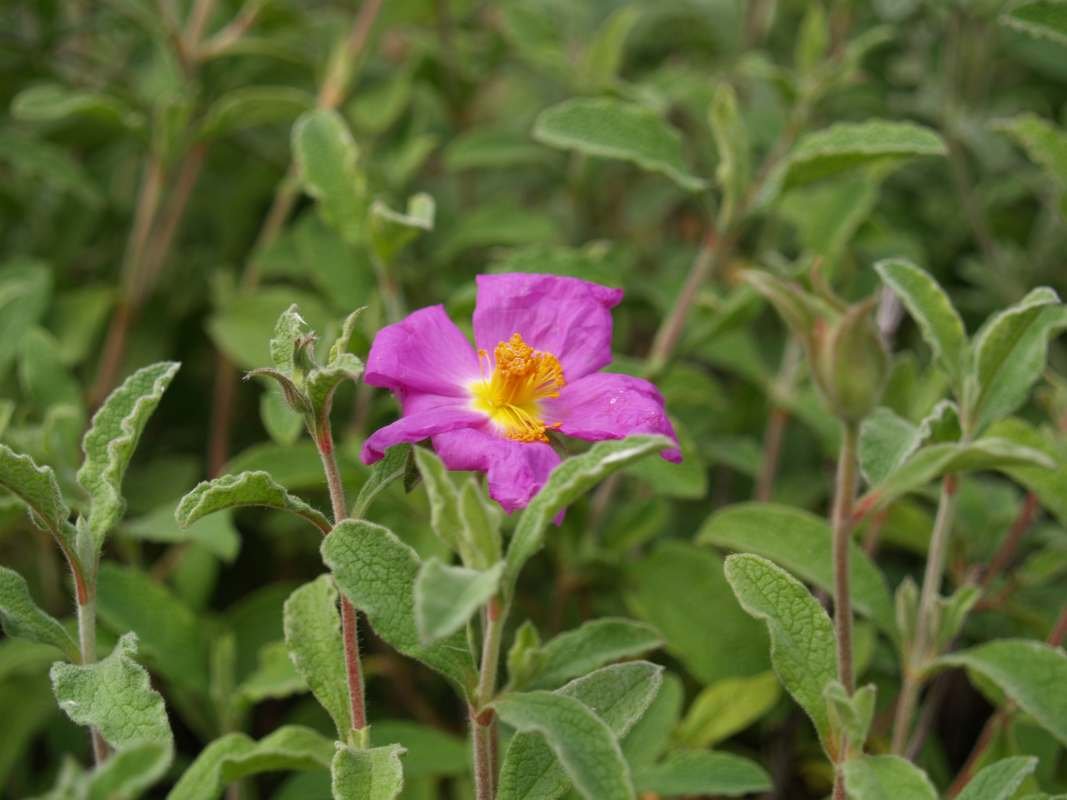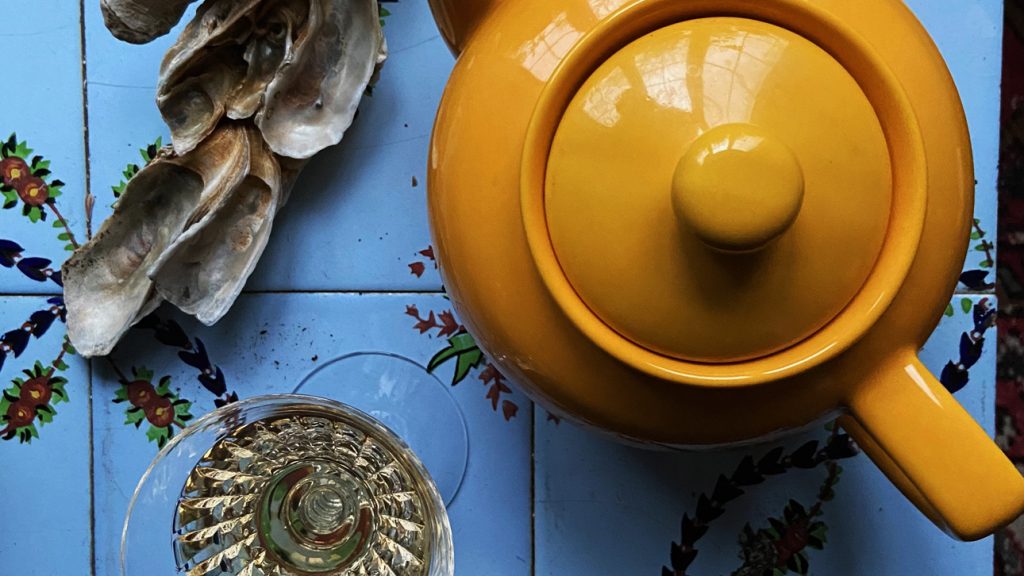Dervish Society of America Liability Waiver and Acknowledgment of Risk for Personal Injury
Dervish Society of America, a 501-C3 Nonprofit organization, provides various physical and mental activities for its participants involved in its meetings, classes, workshops, sessions, retreats, and other types of activities and events. It is important that you understand and agree that in participating in any meeting, class, workshop, session, retreat, or any other type of activity or event, there is a possibility of physical or other injury.
PLEASE READ CAREFULLY AND SIGN BELOW. REGISTRATION IS INCOMPLETE WITHOUT YOUR SIGNATURE AND MUST BE COMPLETED BEFORE ATTENDING EVENTS.
I hereby acknowledge and agree to be bound by all the following terms set forth herein in this Liability Waiver and Acknowledgement of Risk for Personal Injury.
I voluntarily agree to assume all risks and responsibility for any injury or accident which might occur to myself, my child, or the minor child for whom I am legal guardian during any of the Dervish Society of America meetings, classes, workshops, sessions, retreats, or any other activities or events in which I am a participant.
I also exempt, release, and indemnify the Dervish Society of America, its board members, agents, volunteers, assistants, employees, guest artists, faculty members, students, and any other participants, including the owners of the premises or facilities where any event takes place, from any and all liability claims, demands, or causes of action whatsoever from any damage, loss, injury, or death to myself, my child, or the minor child for whom I am legal guardian, or damage, loss, or injury to property which may arise out of or in connection with participation in any meetings, classes, workshops, sessions, retreats, or any other activities or events for which myself, my child, or the minor child for whom I am legal guardian are a participant.
I accept full responsibility for providing adequate health and accident insurance coverage for the protection of myself, my child, or the minor child for whom I am legal guardian participating in any and all of these programs and activities.
I further voluntarily agree to waive my rights and that of my heirs and assigns to hold the Dervish Society of America, its board members, agents, volunteers, assistants, employees, guest artists, faculty members, students, and any other participants, including the owners of the premises or facilities where any event takes place, from any and all liability claims, demands, or causes of action whatsoever from any damage, loss, injury, or death to myself, my child, or the minor child for whom I am legal guardian, or damage, loss, or injury to property which may arise out of or in connection with participation in any meetings, classes, workshops, sessions, retreats, or any other activities or events for which myself, my child, or the minor child for whom I am legal guardian are a participant.
I understand that I shall be aware of the physical limitations of myself, my child, or the minor child for whom I am legal guardian, and agree not to exceed them.
If I am signing this waiver for my children, I certify that I am the parent or legal guardian and have the right to waive these rights.
I further hereby voluntarily agree that, for no additional consideration, the Dervish Society of America shall have the right to use photographs of me (or my child) for publicity purposes.
My signature or by checking the box provided is proof of my intention to execute a complete and unconditional waiver of all liability, either on behalf of my minor child or on my own behalf, to the fullest extent of the law.
I have carefully read this Agreement, Waiver, Release, & Assumption of Risk for personal injury and fully understand its contents. I understand that this is an assumption of risk and release of all liability, and I sign it or check the box provided of my own free will.



